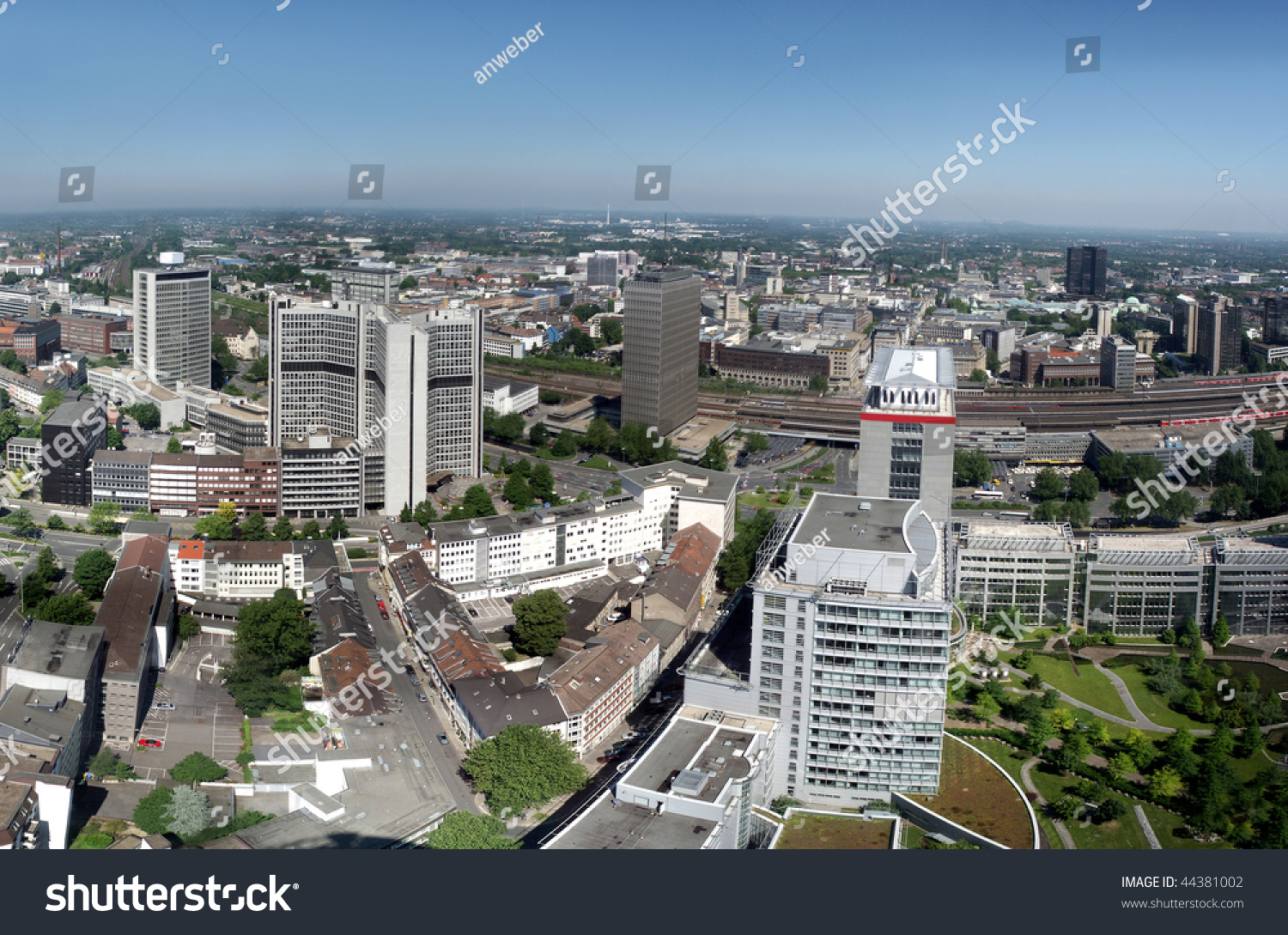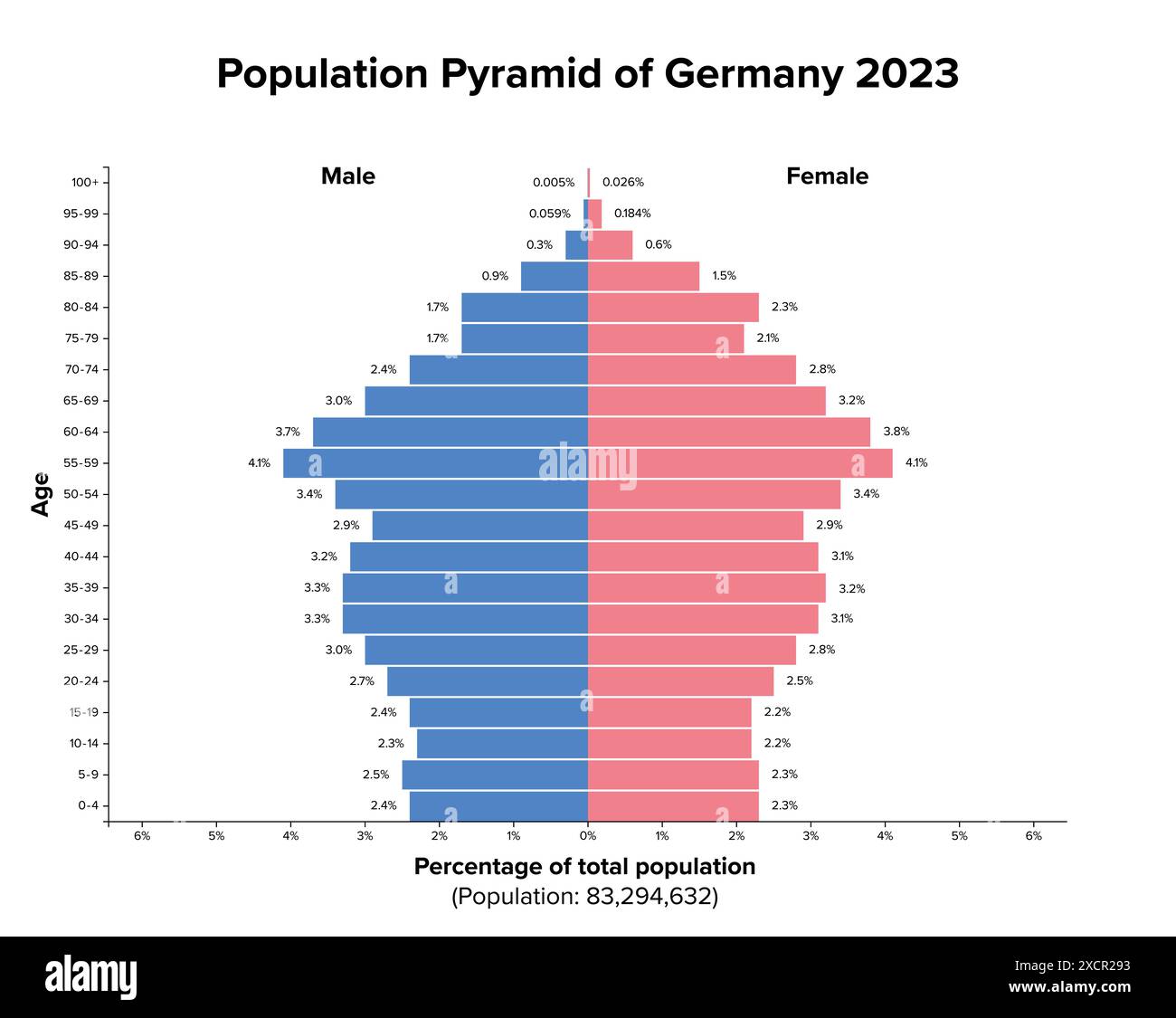Essen, Germany, is a city that perfectly blends history, culture, and modernity, making it a fascinating destination for travelers and researchers alike. Nestled in the heart of the Ruhr region, this vibrant metropolis has a population that reflects its dynamic character and industrial legacy. With a population of approximately 580,000 people, Essen stands as one of Germany's most significant urban hubs. Its diverse demographic composition not only highlights its rich cultural tapestry but also underscores its role as a key economic and social center in the country.
Understanding the essence of Essen Germany population is crucial for anyone interested in urban development, cultural studies, or migration patterns. The city's population has evolved over the decades, shaped by industrial growth, economic shifts, and global migration trends. Today, Essen is home to people from various ethnic backgrounds, contributing to its multicultural identity. This diversity has fostered a unique environment where innovation and tradition coexist harmoniously.
As we delve deeper into the topic of Essen Germany population, we will explore its historical roots, current demographic trends, and future projections. This article aims to provide a comprehensive overview of what makes Essen's population unique and how it impacts the city's growth and development. Whether you're a student, researcher, or simply curious about this German city, this guide will offer valuable insights into the factors that define Essen's vibrant community.
Read also:Dameon Pierce Injury What You Need To Know About The Latest Updates
- What Makes Essen Germany Population Unique?
- How Has Essen Germany Population Changed Over the Years?
- Why Is Essen an Attractive Place for Immigrants?
- What Are the Key Demographics of Essen Germany?
- The Role of Education in Essen Germany Population
- How Does Essen Support Its Growing Population?
- The Cultural Impact of Essen Germany Population
- Is Essen Germany a Family-Friendly City?
- Challenges Faced by Essen Germany Population
- Future Projections for Essen Germany Population
What Makes Essen Germany Population Unique?
Essen Germany population is characterized by its remarkable diversity and adaptability. Historically, the city has been a hub for industrial activity, particularly coal mining and steel production. This industrial boom attracted workers from across Germany and beyond, creating a melting pot of cultures. Today, Essen is home to people from over 150 nations, making it one of the most multicultural cities in Germany. The blend of traditions, languages, and customs enriches the city's social fabric and fosters a spirit of inclusivity.
Historical Context of Essen Germany Population Growth
The growth of Essen Germany population can be traced back to the 19th century when the Industrial Revolution transformed the region. The discovery of coal deposits and the establishment of steel factories led to a surge in employment opportunities. This economic boom drew migrants from rural areas and neighboring countries, significantly boosting the city's population. Over time, Essen evolved from a small town into a bustling metropolis, laying the foundation for its current demographic landscape.
Why Is Essen Germany Population So Diverse?
One of the key factors contributing to the diversity of Essen Germany population is its history of immigration. After World War II, the city welcomed guest workers from countries like Turkey, Italy, and Greece to address labor shortages. These communities have since become integral parts of Essen's identity, influencing its cuisine, festivals, and cultural practices. Additionally, Essen's welcoming policies and vibrant economy continue to attract international talent, further enhancing its multicultural appeal.
How Has Essen Germany Population Changed Over the Years?
The population of Essen Germany has undergone significant transformations over the past century. During the mid-20th century, the city experienced rapid growth fueled by industrial expansion. However, the decline of coal mining and steel industries in the late 20th century led to economic challenges, resulting in a slight decline in population. Despite these fluctuations, Essen has managed to reinvent itself as a center for innovation and sustainability.
Impact of Economic Shifts on Essen Germany Population
The transition from an industrial economy to a service-oriented one has had a profound impact on Essen Germany population. While some residents migrated to other regions in search of employment, others stayed and adapted to new opportunities in sectors like technology, education, and healthcare. This adaptability has ensured that Essen remains a dynamic and resilient city, capable of attracting new residents and businesses.
What Are the Current Trends in Essen Germany Population?
In recent years, Essen Germany population has shown signs of stabilization and gradual growth. The city's focus on sustainability and quality of life has made it an attractive destination for young professionals and families. Additionally, its strategic location within the Ruhr region and excellent infrastructure have bolstered its appeal. These trends suggest a promising future for Essen as it continues to evolve and thrive.
Read also:Wku Vs Toledo A Comprehensive Guide To The Rivalry And Key Insights
Why Is Essen an Attractive Place for Immigrants?
Essen's reputation as a welcoming and inclusive city makes it a magnet for immigrants. The local government has implemented policies to support integration, such as language courses, job training programs, and cultural exchange initiatives. These efforts have created a supportive environment where newcomers can thrive and contribute to the community.
Opportunities for Immigrants in Essen Germany Population
Immigrants play a vital role in shaping Essen Germany population. They bring diverse skills, perspectives, and entrepreneurial spirit, enriching the city's economy and culture. Many immigrants have successfully established businesses, ranging from restaurants to tech startups, contributing to Essen's reputation as a hub of innovation and creativity.
How Does Essen Promote Cultural Integration?
Cultural integration is a priority for Essen Germany population. The city hosts numerous events and festivals that celebrate its multicultural heritage, such as the Essen Lichtwochen and the Ruhrtriennale. These events provide opportunities for residents to connect, share traditions, and build a sense of belonging. Such initiatives foster mutual understanding and strengthen community ties.
What Are the Key Demographics of Essen Germany?
Understanding the demographics of Essen Germany population is essential for grasping the city's social and economic dynamics. The population is relatively young, with a median age of around 42 years. A significant portion of residents are of working age, contributing to the city's economic vitality. Additionally, Essen has a balanced gender ratio, with slightly more women than men.
Age Distribution in Essen Germany Population
The age distribution in Essen Germany population reflects a mix of young professionals, families, and retirees. This diversity ensures a steady demand for services such as education, healthcare, and housing. The presence of universities and research institutions also attracts students, further enriching the demographic profile.
What Is the Ethnic Composition of Essen Germany Population?
Essen Germany population is composed of various ethnic groups, including Germans, Turks, Poles, Italians, and Syrians, among others. This diversity is reflected in the city's neighborhoods, where cultural influences are evident in architecture, cuisine, and community activities. The coexistence of different cultures has created a vibrant and harmonious urban environment.
The Role of Education in Essen Germany Population
Education plays a pivotal role in shaping Essen Germany population. The city is home to several prestigious universities and vocational schools, attracting students from across the globe. These institutions not only provide quality education but also contribute to the city's intellectual and cultural vibrancy.
How Does Education Impact Essen's Workforce?
A well-educated population is a key driver of Essen's economy. Graduates from local universities and colleges fill positions in various sectors, including technology, engineering, and healthcare. The emphasis on education ensures that Essen remains competitive in the global market while offering residents ample opportunities for career advancement.
What Are the Top Educational Institutions in Essen?
Some of the top educational institutions in Essen include the University of Duisburg-Essen, Folkwang University of the Arts, and the University of Applied Sciences Ruhr West. These institutions offer a wide range of programs, catering to diverse academic interests and career aspirations.
How Does Essen Support Its Growing Population?
Essen Germany population benefits from a robust support system that addresses the needs of its residents. The city invests heavily in infrastructure, healthcare, and public services to ensure a high quality of life. This commitment to sustainability and well-being has earned Essen recognition as a model for urban development.
Infrastructure Development in Essen Germany Population
Essen's infrastructure is designed to accommodate its growing population. The city boasts an efficient public transportation network, modern housing developments, and green spaces that enhance livability. These investments not only improve daily life for residents but also attract new inhabitants and businesses.
What Initiatives Promote Sustainability in Essen?
Essen has embraced sustainability as a core principle of urban planning. Initiatives such as the Green Capital program and renewable energy projects demonstrate the city's commitment to environmental responsibility. These efforts resonate with Essen Germany population, many of whom prioritize eco-friendly living.
The Cultural Impact of Essen Germany Population
The cultural richness of Essen Germany population is one of its defining features. The city's museums, theaters, and music venues showcase a wide array of artistic expressions, reflecting its diverse heritage. Cultural events and festivals further strengthen community bonds and promote inclusivity.
How Does Essen Celebrate Its Multicultural Identity?
Essen celebrates its multicultural identity through events like the Essen Christmas Market and the Ruhrfestspiele. These gatherings highlight the city's traditions while embracing the contributions of immigrant communities. Such celebrations foster a sense of unity and pride among residents.
What Are the Must-Visit Cultural Landmarks in Essen?
Some must-visit cultural landmarks in Essen include the Zollverein Coal Mine Industrial Complex, a UNESCO World Heritage Site, and the Museum Folkwang, renowned for its art collection. These attractions offer insights into Essen's history and cultural evolution.
Is Essen Germany a Family-Friendly City?
Essen Germany population includes a significant number of families, and the city caters to their needs through family-friendly policies and amenities. Parks, schools, and recreational facilities are abundant, ensuring that children and parents alike enjoy a high quality of life.
What Makes Essen Ideal for Families?
Essen's emphasis on education, safety, and community engagement makes it an ideal place for families. The availability of affordable housing and healthcare services further enhances its appeal. Families in Essen benefit from a supportive environment that nurtures growth and well-being.
What Are the Best Family Activities in Essen?
Families in Essen can enjoy activities such as visiting the Grugapark, exploring the Red Dot Design Museum, or attending workshops at the Zeche Zollverein. These experiences provide fun and educational opportunities for all ages.
Challenges Faced by Essen Germany Population
Despite its many strengths, Essen Germany population faces challenges such as housing affordability, traffic congestion, and environmental concerns. Addressing these issues requires collaboration between the government, businesses, and residents to ensure sustainable growth.
How Is Essen Tackling Housing Affordability?
Essen is addressing housing affordability through initiatives like subsidized housing projects and urban renewal programs. These efforts aim to provide affordable options for low- and middle-income families while maintaining the city's architectural charm.
What Are the Environmental Concerns in Essen?
Environmental concerns in Essen include air pollution and waste management. The city is actively working to reduce its carbon footprint and promote recycling through awareness campaigns and innovative solutions.
Future Projections for Essen Germany Population
The future of Essen Germany population looks promising, with projections indicating steady growth and diversification. The city's focus on innovation, sustainability, and inclusivity positions it as a leader in urban development. As Essen continues to evolve, its population will remain a testament to its resilience and adaptability.
What Are the Growth Opportunities for Essen?

